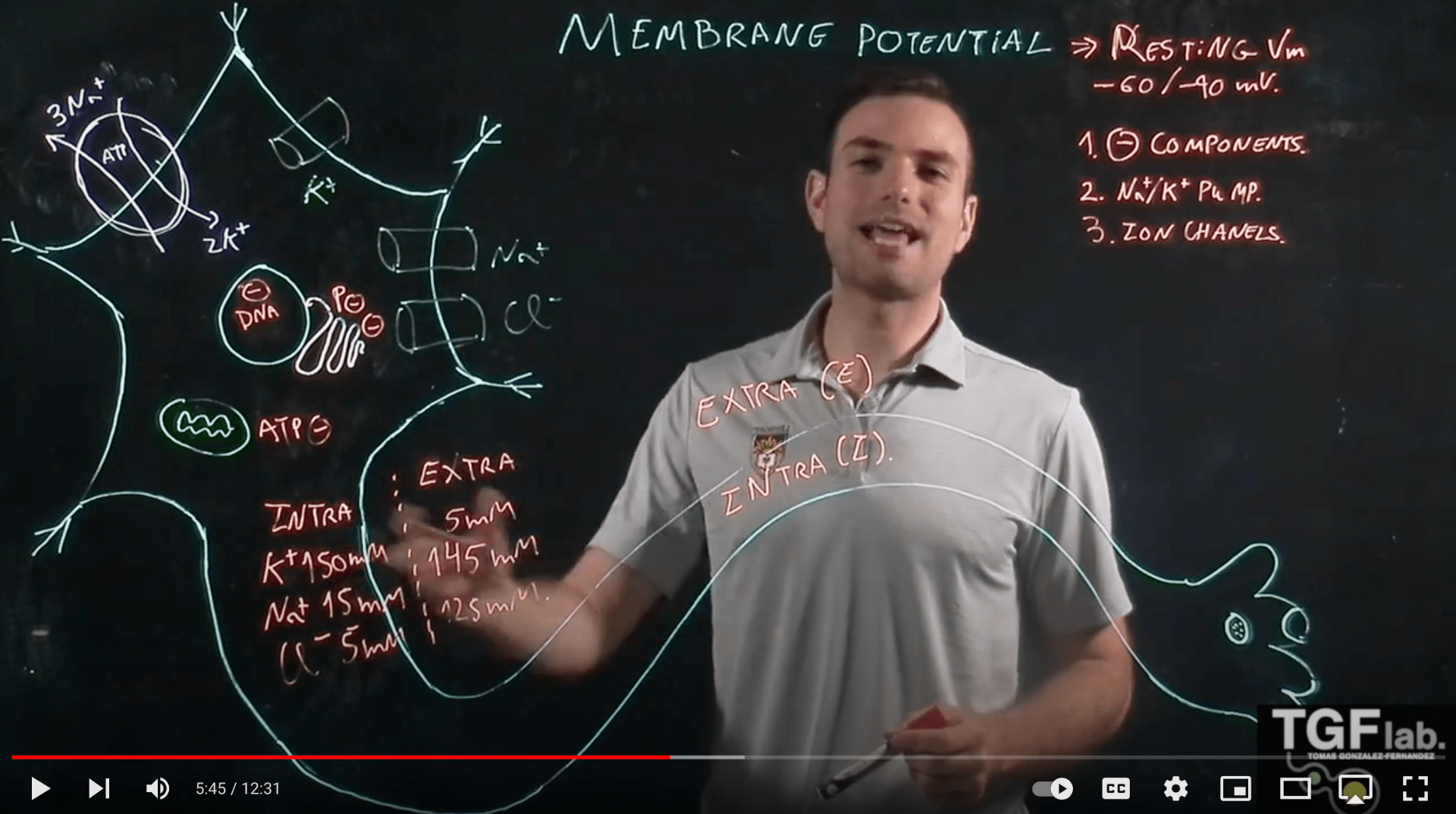BIOE 210 – Introduction to Engineering Physiology
Mammalian physiology for bioengineering students, with an emphasis on control mechanisms and engineering principles. Basic cell function; biological control systems; muscle; neural; endocrine, circulatory, digestive, respiratory, renal, and immune systems; regulation of metabolism and defense mechanisms. Includes laboratory work.
Prerequisites: (BIOS 041 and BIOS 042) and MATH 022
BIOE 310 & 410 – Advanced Engineering Physiology
An in-depth examination of human physiological processes using a quantitative, model-oriented approach. Organ systems examined include the nervous, musculoskeletal, cardiovascular, respiratory, renal, immune, and endocrine systems. Mathematical models, computer simulations, and engineering analyses will be used to describe the performance of human organ systems and to study physiological processes.
Prerequisites: MATH 205 and BIOE 21
Learn human physiology with Prof. Gonzalez-Fernandez!


